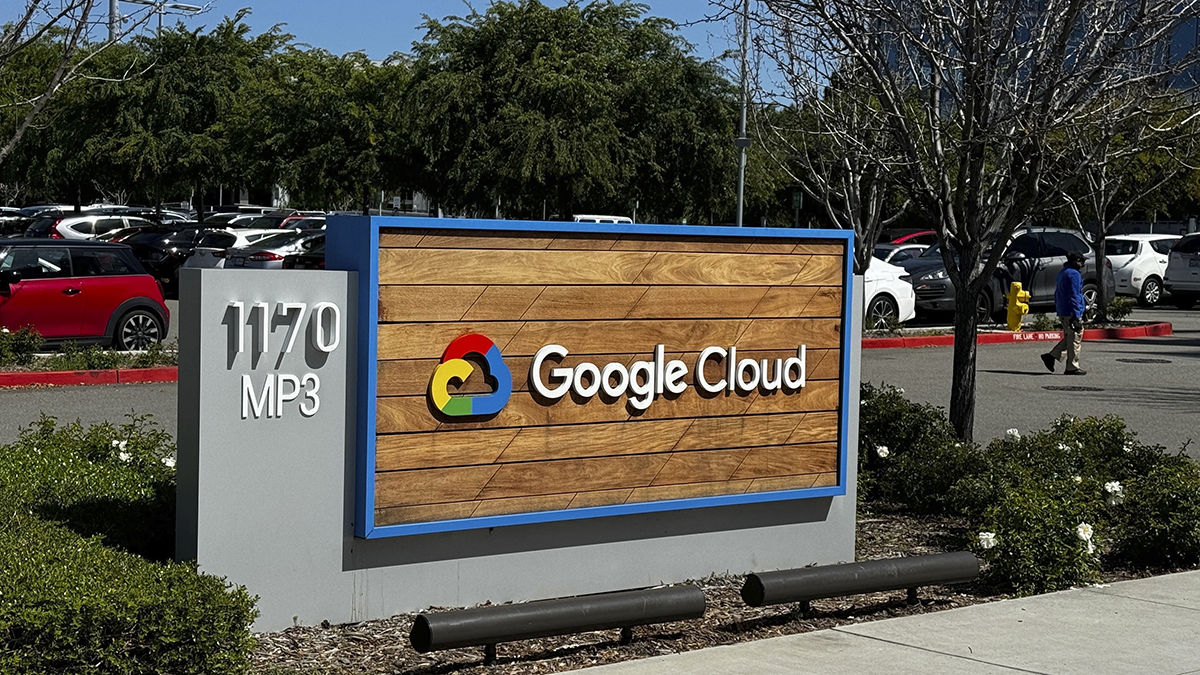Bowing to mounting public and political pressure, Time Warner Cable Inc. said Thursday it was shelving plans in four markets to charge customers based on how much Internet traffic they generate. But tests of metered billing will continue in Beaumont, Texas.
Consumers now pay based on their download speeds, but they typically face no limits in how much video or music they consume or how many e-mail messages they send and receive. Under the plan from Time Warner Cable, the nation's third-largest Internet service provider, they would have had to pay extra after three hours of online video viewing, for instance.
U.S. Sen. Chuck Schumer, D-N.Y., said he spoke with Time Warner Cable's chief executive, Glenn Britt, Thursday morning about the "overwhelming opposition" to its plans. Later, both released statements of Time Warner Cable's decision to set aside metered billing.
"It is clear from the public response over the last two weeks that there is a great deal of misunderstanding about our plans to roll out additional tests on consumption-based billing," Britt said in a statement.
But there are signs that metered billing isn't quite dead at Time Warner Cable. The company said the Beaumont trial will continue, and it plans to roll out software in all its markets to let customers know how much bandwidth they are consuming.
Much of the consumer protests have centered around Rochester, N.Y., where U.S. Rep. Eric Massa said he was preparing legislation to ban metered billing. The cable company has been testing metered billing in Beaumont since June and was planning to expand the trial to Rochester, Greensboro, N.C., and Austin and San Antonio, Texas.
Time Warner Cable's proposed pricing plans vary, but they generally include a certain monthly traffic allotment with fees of $1 or $2 for every gigabyte over the cap. One gigabyte equals three hours of online video. At the low end, a $15-a-month plan includes 1 gigabyte of traffic before overage fees kick in.
Business
Consumer groups reacted with glee and a warning to other Internet service providers.
"We're glad to see Time Warner Cable's price-gouging scheme collapse in the face of consumer opposition," said Timothy Karr, campaign director for Free Press, a consumer advocacy group, in a statement. "Let this be a lesson to other Internet service providers looking to head down a similar path."
"Consumers are not going to stand idly by as companies try to squeeze their use of the Internet," he added.
Time Warner Cable's capitulation doesn't bode well for the future of metered billing of the Internet, where those who use more bandwidth pay more.
Time Warner Cable's Internet rival in Rochester, N.Y., Frontier Communications Co., earlier dropped its own plans for metered billing.
Time Warner Cable's retreat leaves AT&T Inc. alone among the major ISPs to experiment with metered billing. It is conducting trials with new customers in Beaumont and Reno, Nev. However, AT&T's caps are much higher.



